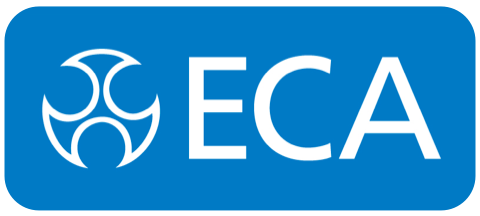DBS Checks (Previously CRB)
On 1 December 2012, the Disclosure and Barring Service (DBS) replaced CRB checks. The driver was to scale-back the need for unwarranted checks.
The Disclosure and Barring Service (DBS) helps employers make safer recruitment decisions and prevent unsuitable people from working with vulnerable groups, including children. It replaces the Criminal Records Bureau (CRB) and Independent Safeguarding Authority (ISA).
DBS is an executive non-departmental public body, sponsored by the Home Office.
The following points aim to provide clarity on when a DBS check is required, the circumstances that qualify for one and how it’s carried out.
When and do I need a DBS Check?
You will need a check if you undertake a ‘Regulated Activity’.
What is a ‘Regulated Activity’?
A ‘Regulated Activity’ is one which involves close and unsupervised contact with vulnerable groups, including children’. Definitions of what constitutes Regulated Activity can be found on the DBS Website.
Contractors will only be undertaking a ‘Regulated Activity’ if they answer ‘YES’ to all three of the following questions:
- Is the site a specified establishment*?
- Will the work be carried out at the site regularly with the opportunity for contact with children (once a week or more / on four days or more in a single month)?
- Is it permanent contract work?
If the work being undertaken on a specified establishment is occasional or temporary contract work and/or there will be no opportunity for contact with children then it is not ‘Regulated Activity’.
* Specified establishments are schools, pupil referral units, academies, nursery schools, Further Education (FE) establishments mostly for children, institutions for the detention of children, children’s homes, children’s centres (in England), children’s hospitals (in Northern Ireland) and childcare premises including nurseries.
Permanent Contract Work is - a full-time, salaried position with a ‘direct’ contract to work the minimum of 36 hours each week.
If you answer yes to all three questions, it may still be inappropriate to seek a DBS check and the client should be asked to check with their Authorities to clarify the situation. If contractors are supervised, for instance, a check may be unnecessary.
Under what circumstances would a DBS check be required?
A Standard Disclosure would be required if a Specialist Contract was awarded a public works contract, a public supply contract or a public service contract.
An Enhanced Disclosure is only legally required for an individual if they are doing ‘Regulated Activity’ on site.
An Enhanced Disclosure with barred list check is suitable for persons working directly on a 'Regulated Activity' with vulnerable persons as permanent work.
An employer/client has the right to ask at any time for a Basic Disclosure on an employee. This will flag up any unspent convictions. An employer / client can also ask for either a Standard or Enhanced Disclosure for those who are eligible, and where ‘received cautions’ or ‘spent convictions’ may have a bearing on someone’s suitability for a role.
Members whose work may involve the requirement of a DBS check makes undergoing any form of disclosure mandatory as part of your terms of employment. Otherwise, a situation may arise where you will be required to find alternative work for an employee who is not allowed on site.
How is a DBS check carried out?
Checks can be obtained from: Capita Recruitment Vetting Service (0870 850 2516); or CBS (Complete Background Screening - 01443 799 900).
For a Basic Disclosure, a check can be carried out by either the employer or the individual. So, if you are self-employed, then you can carry out a check on yourself.
For any other criminal record check, a check can only be carried out by the employer or client. If you are self-employed, then the application has to be signed by a counter-signatory who will be either the client or the Registered Body the client uses for their DBS checks.
The basic steps that an employer needs to undertake to carry out a DBS check on an individual are as follows:
i. Identify what level of check is required for the work or role
ii. Obtain the application form from the DBS or a Registered Body
iii. Ask the individual to complete the application form
iv. Submit the application form to the Registered Body or the DBS and provide the relevant identification documents.
v. DBS will send the individual undertaking the check their certificate.
vi. The individual will then need to present their DBS Certificate to the client/employer.
